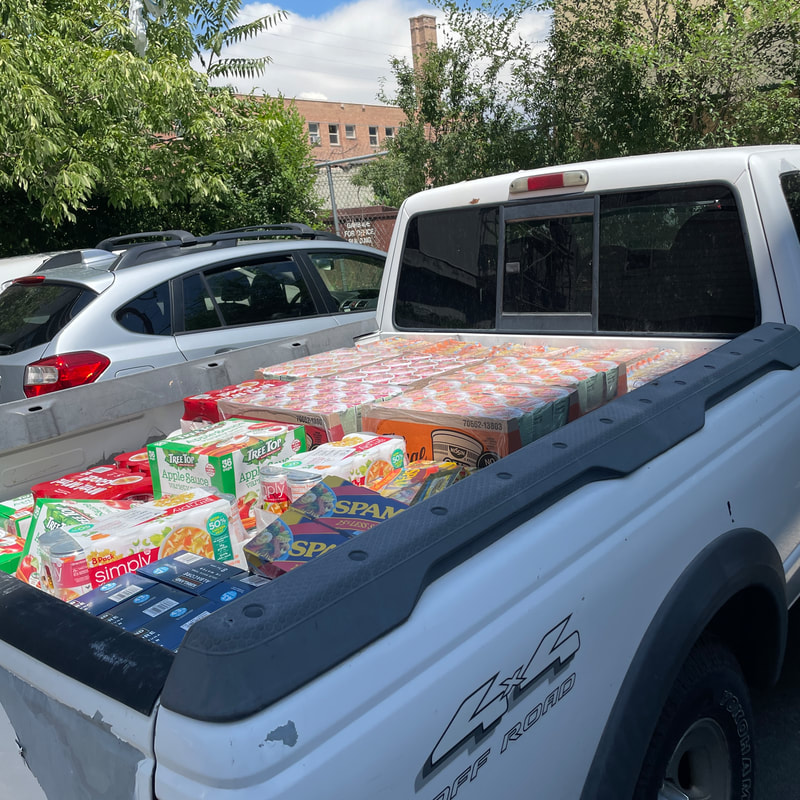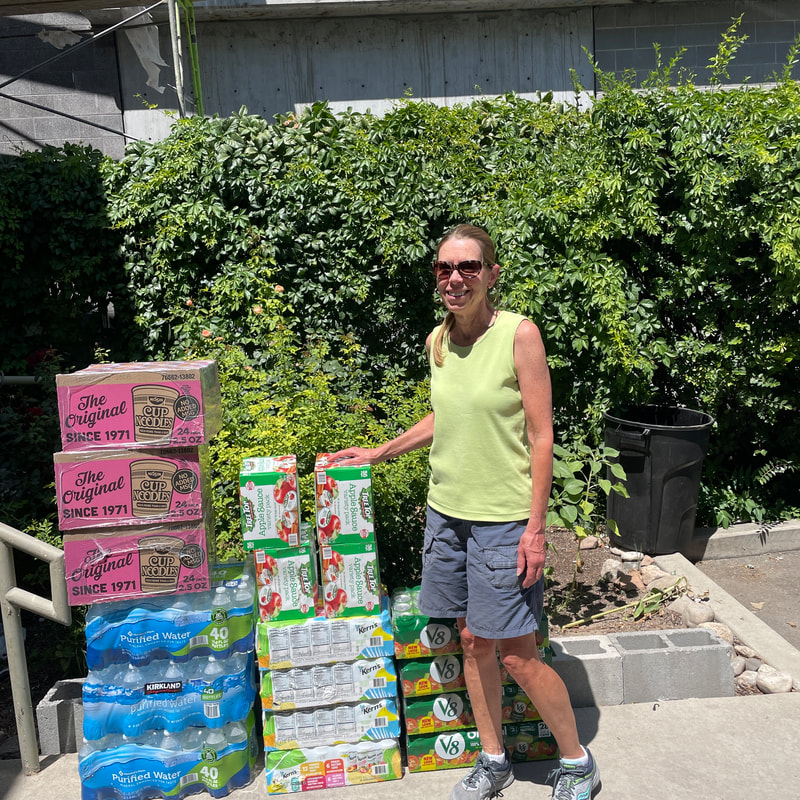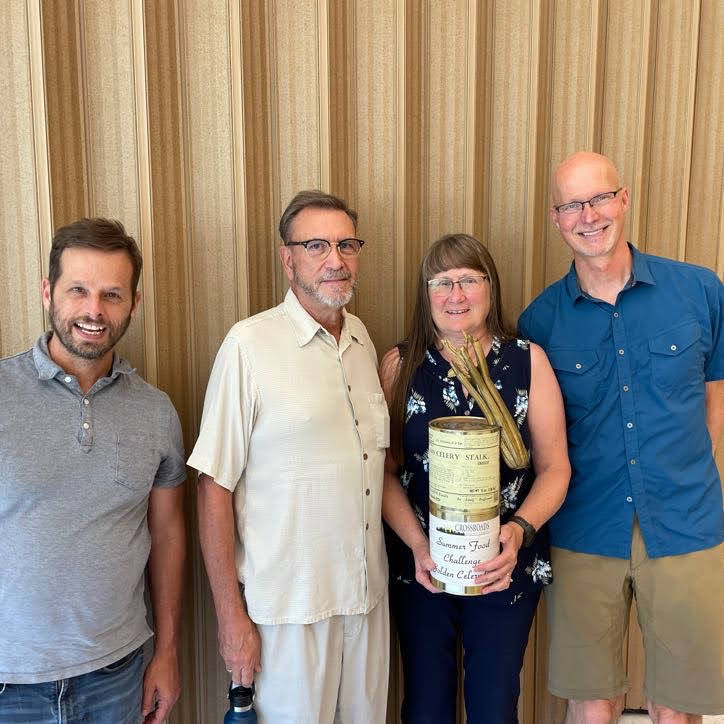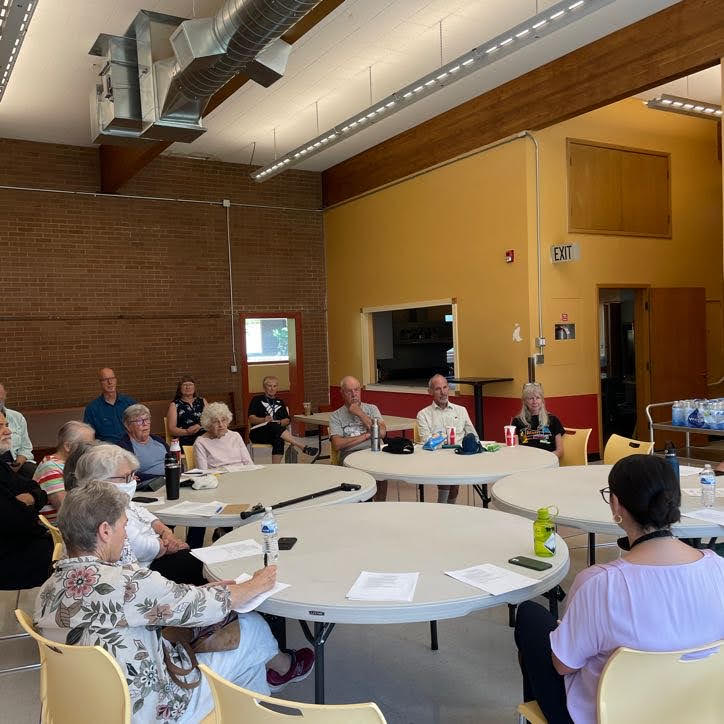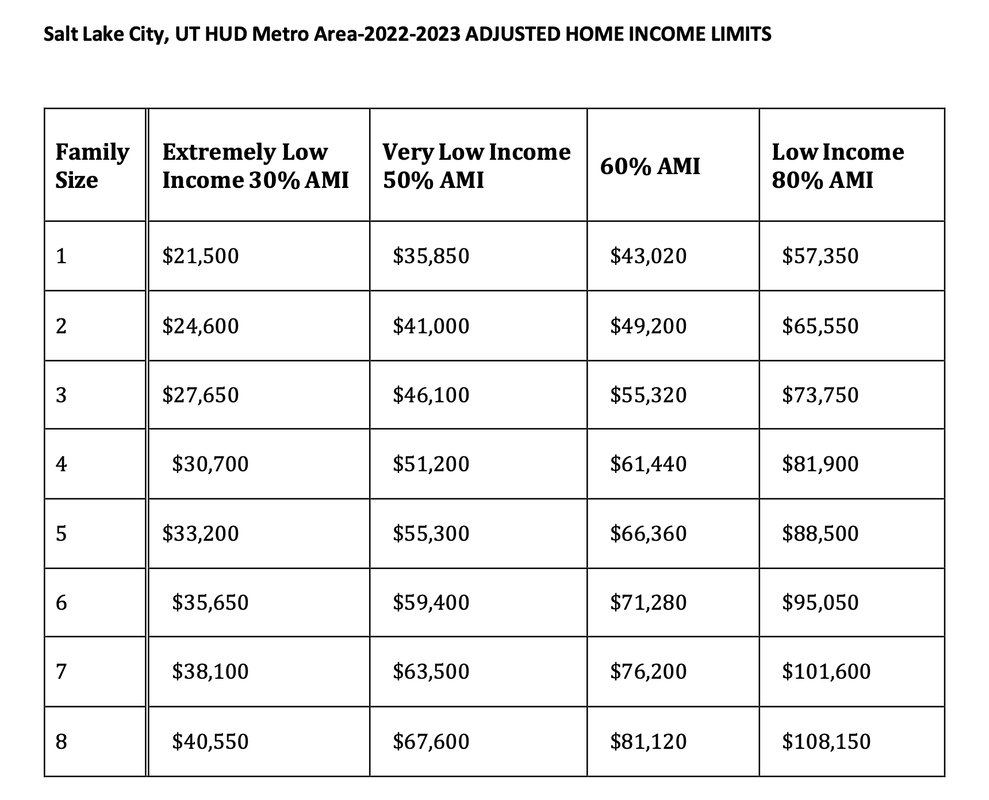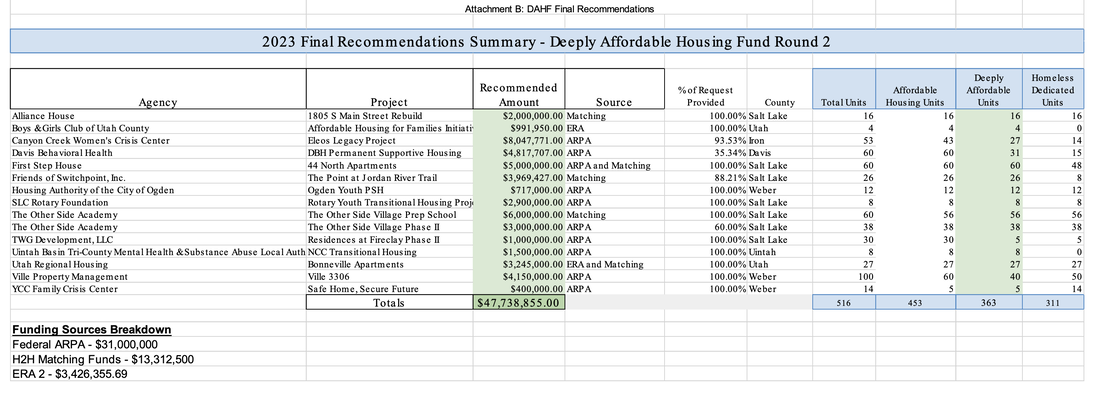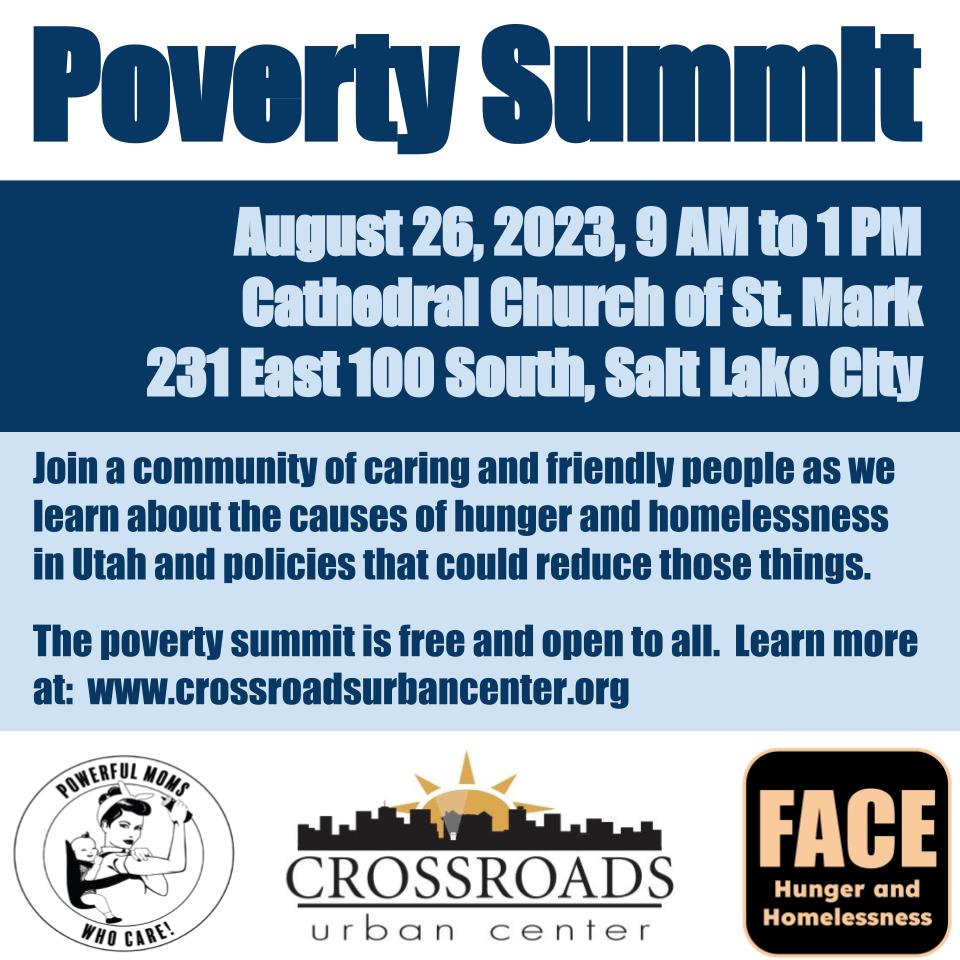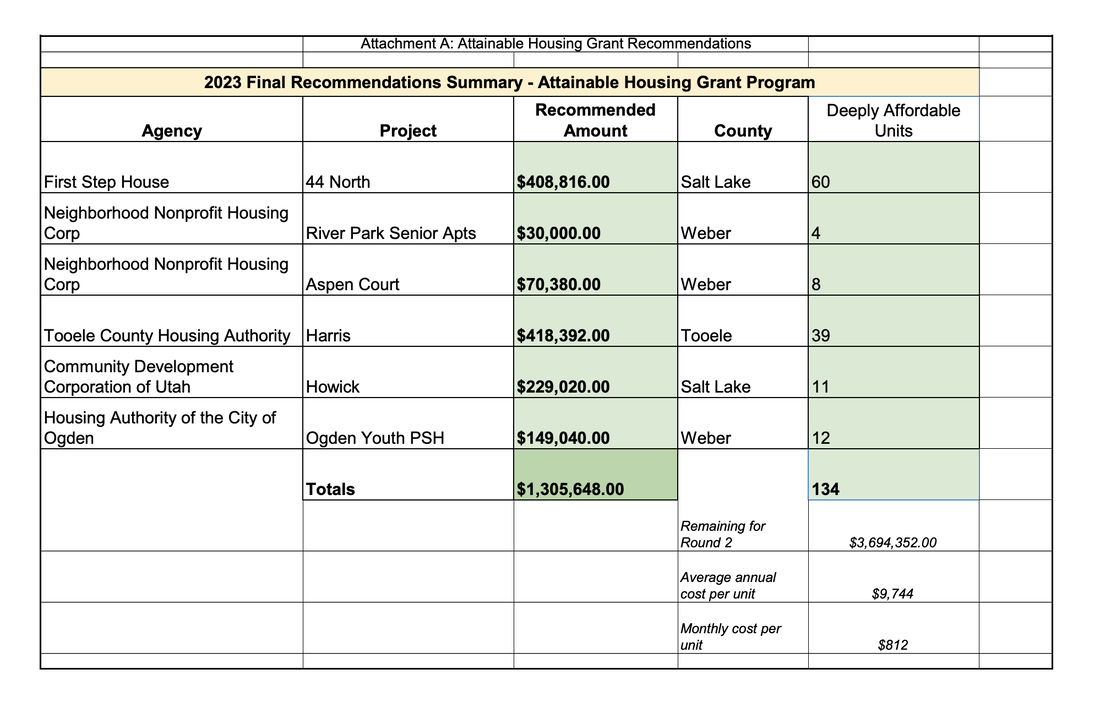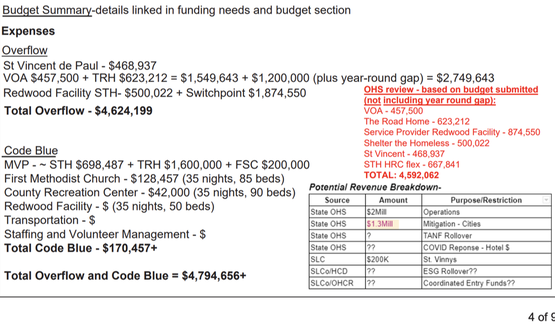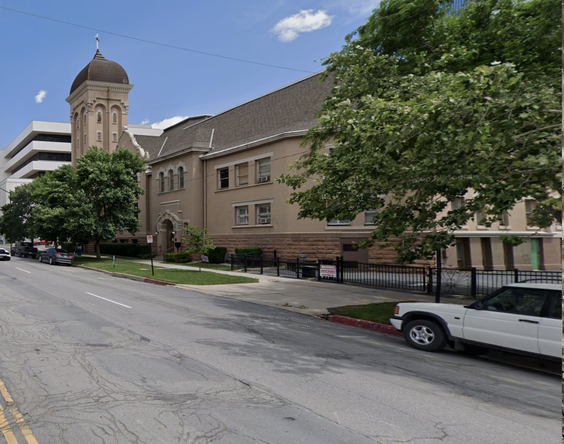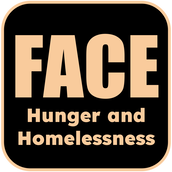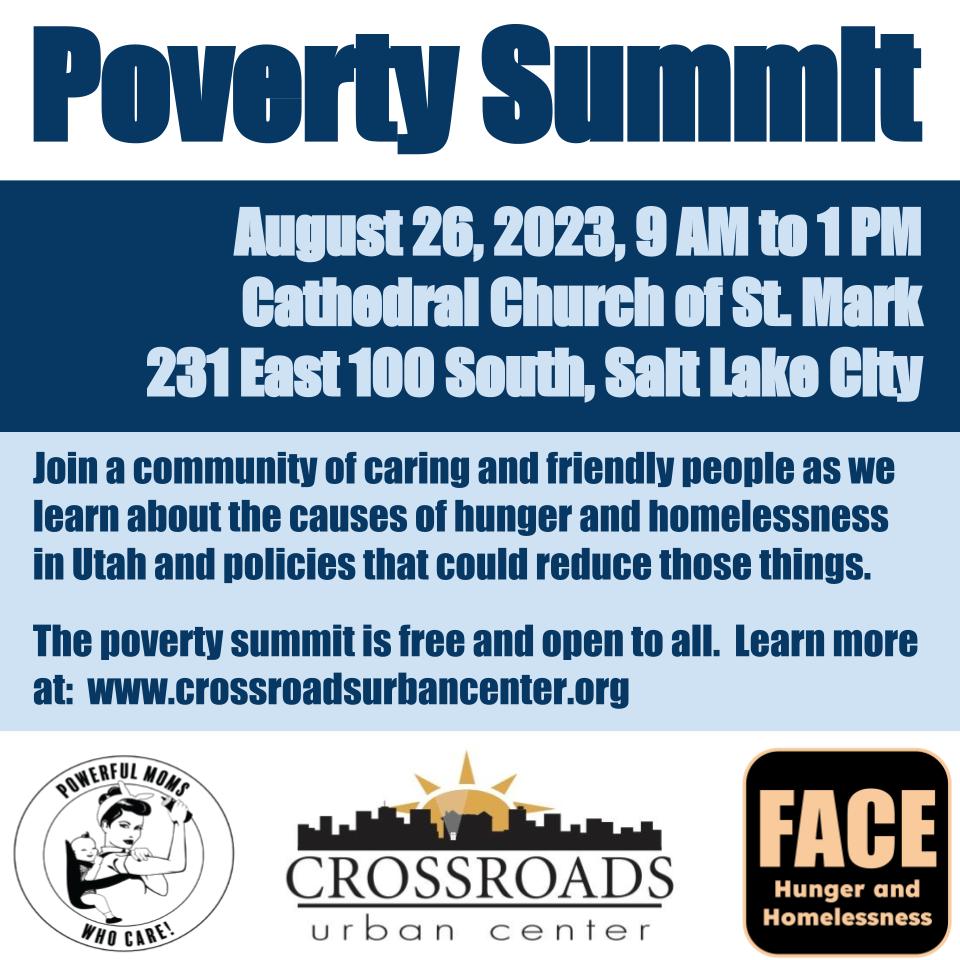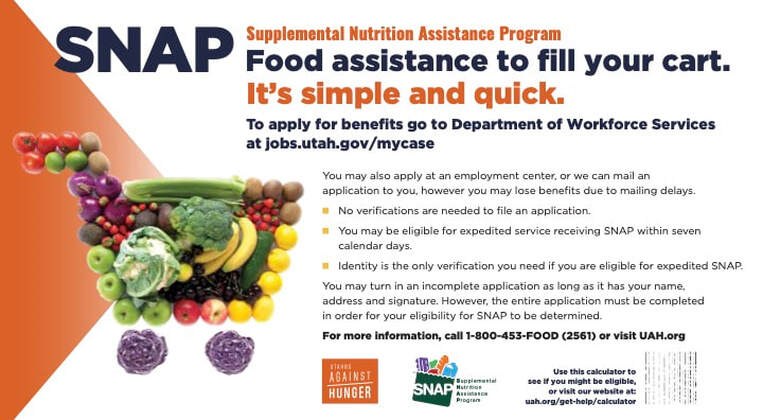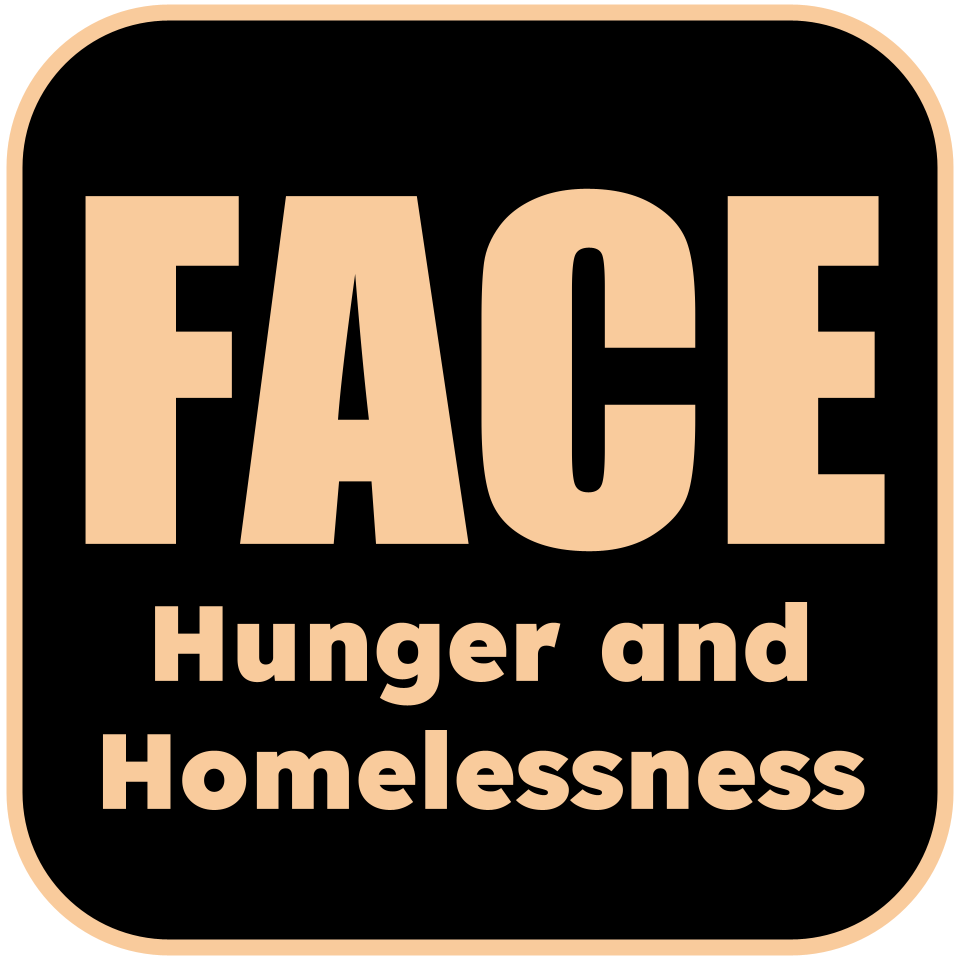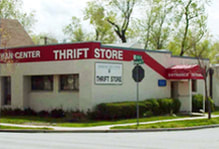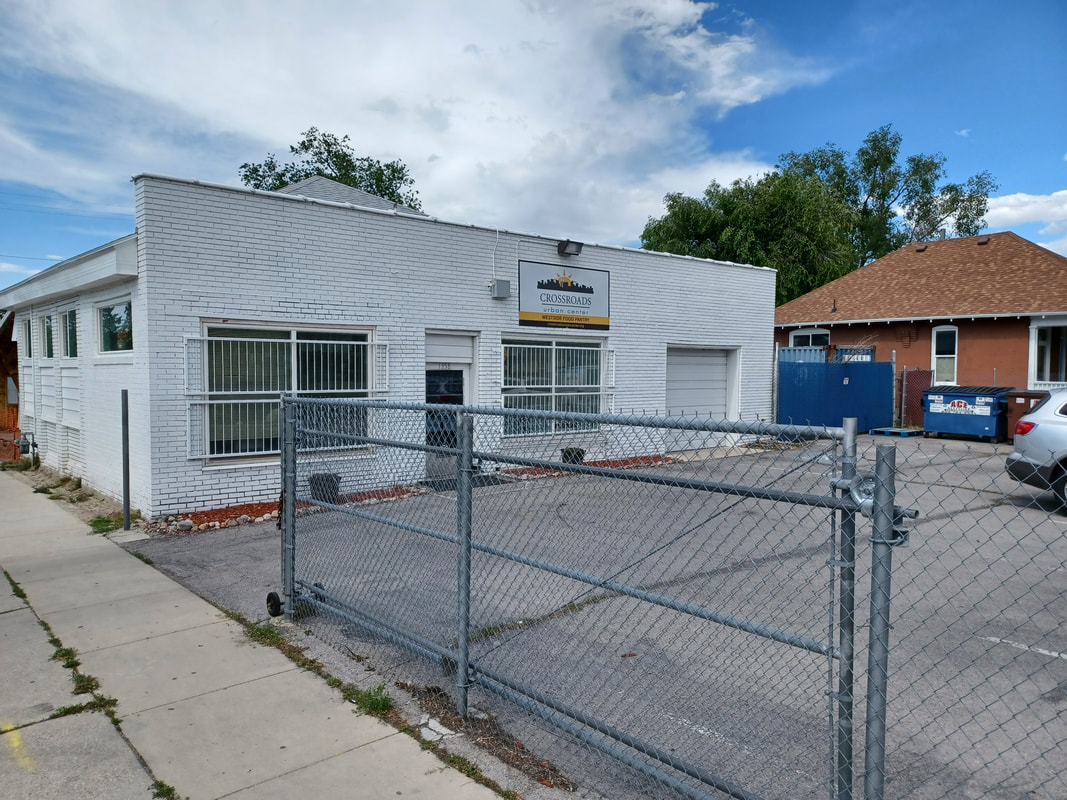| During the month of July sixteen congregations came together and donated 21,109.4 pounds of food to Crossroads Urban Center's food pantries in the Golden Celery Trophy Food Drive. Holladay United Church of Christ gave the most pounds of food with a total of 4,086.9 pounds! Mt. Tabor gave the most food per person -- donating 112 pounds per person attending worship services that month. All of this food has made it possible for us to continue serving people. Our two food pantries gave away food to over 4,600 people during the month of June. That is more than double the amount of people we served during the month of June in 2022. It is so amazing to have so many people step forward to help make sure individuals and families have enough to eat. | |
The second part of the plan to produce units to reduce homelessness approved by the Homelessness Council yesterday was a proposal to grant $1.3 million in ongoing operational assistance to six new projects to help them obtain financing to get built. These projects would include 134 units of housing that would be affordable to extremely low income households. If you look at the details of the projects it is clear that many of them are clearly intended to move people out of homelessness.
We will be hearing more about these exciting new projects during a panel discussion at our Poverty Summit on August 26 about housing for chronically homeless people and disability rights that will include the Coordinator of Utah's Office of Homeless Services, Wayne Niederhauser. First United Methodist Church included in new winter overflow shelter plan for Salt Lake County8/11/2023
At yesterday's meeting of the Utah Homelessness Council it was announced that the state office office of homeless services had approved Salt Lake County's plan for getting unsheltered people indoors during winter months this year. Here are the core elements of that plan: A. Overflow Shelter Beds:
B. Additional beds at ongoing facilities that are hoped will come on-line in time to meet overflow needs this winter:
On Thursday, July 20, 2023, at a meeting of Utah's Medicaid Advisory Committee, it was revealed that Utah is pursuing a waiver to federal Medicaid rules to improve outcomes for people with serious mental illness who are being released from incarceration in our state. The incidence of mental illness is disproportionately high for people who are incarcerated in Utah and many are released from the jail or the prison to a homeless shelter.
After Utah submitted a waiver request in this area the federal government approved a similar waiver request from the State of California. This analysis from the Kaiser Family Foundation says a little bit about what California is planning to do and how what Utah proposes differs from what Utah has asked permission to do. The Faith and Advocacy Coalition to End Hunger and Homelessness has invited Utah's Department of Health and Human Services to come to one of our future meetings to discuss how the waiver could help reduce homelessness if it is approved and whether our state's proposal should be improved by adding elements from California's successful waiver request. We hope that such a meeting will be scheduled soon. At the monthly meeting of the Faith and Advocacy Coalition to End Hunger and Homelessness on Wednesday, July 19, 2023, Dale Ownby, the Director of the Division of Eligibility Services at Utah's Department of Workforce Services, informed us that there are 49,577 households with children in Utah that are participating in Medicaid and appear to also be eligible for SNAP but are not participating in that program. SNAP is a nutrition assistance program that gives people money on an EBT card that can be used to purchase food at a grocery store but cannot be used for any non-food items or services. The Center on Budget and Policy Priorities estimates that the average SNAP benefit for a family with children in Utah is $394 per month.
How many of the 1,558 children who have spent a night in a homeless shelter in Utah this year might have avoided homelessness if their family had been getting $394 a month to help them purchase food? This year is a particularly crucial one for conducting outreach for SNAP and Medicaid because households are being required to rectify their Medicaid eligibility for the first time since those kinds of reviews were halted to ensure people maintained healthcare coverage during the COVID 19 pandemic. Over 150,000 people have been removed from Utah's Medicaid rolls since eligibility reviews resumed and so healthcare advocates worry that eligible people are losing healthcare coverage due to paperwork issues. A conversation about how we can help eligible families and other households to receive Medicaid, SNAP and other important benefits will be an important part of our Poverty Summit on the morning of August 26 at the Cathedral Church of St. Mark. You can learn more about the Poverty Summit here. |
|
|

